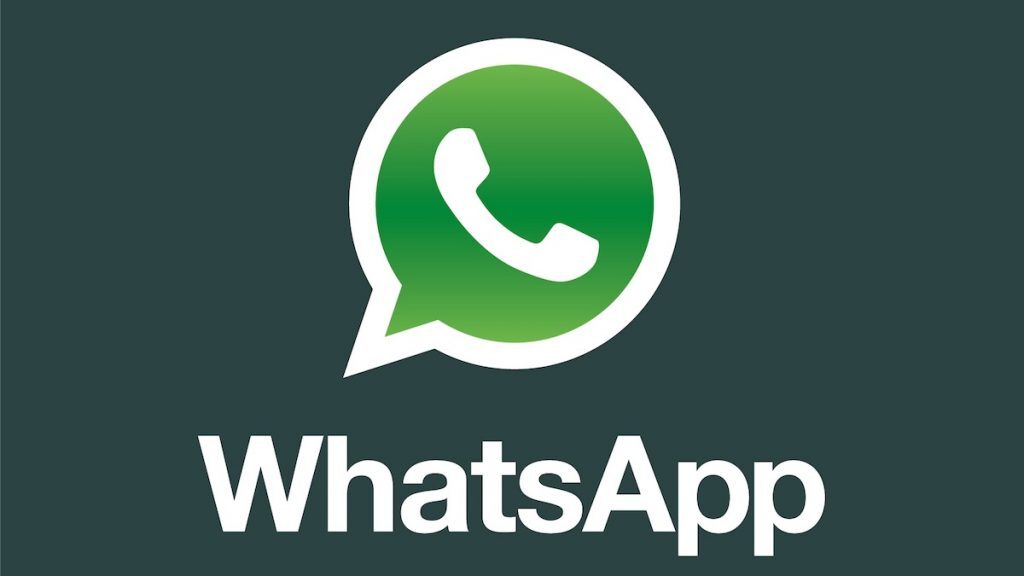There’s a classic cartoon that depicts two pigs living it up in a pig sty – while being fattened for the slaughter – saying to each other they “don’t know what they are selling here but the food is great”. The joke, obviously, is that the pigs are the product. You often hear this analogy when people talk about social media: you are the product.
And it’s true. Especially on Facebook, with its 1.71bn users.
It’s our personal tastes – the movies we like, TV shows we watch, brands we admire, company pages we like, kinds of videos we prefer, places we tend to visit – that is the personal data we share with social media so we can use it for free. Facebook, for example, is, after all, a vastly complex operation, requiring tens of thousands of servers in data centres around the world to let us scroll down a page of posts. It is, after all, a business. A business, after all, that makes its money from selling advertising. This advertising, after all, is more accurately sold – and therefore more highly prized – when there is an abundance of personal data to mine.
Last week the two pigs joke seemed particularly apt as news broke that WhatsApp is going to start allowing businesses access to its millions of users and also start sharing your name and phone number with Facebook. In a disturbing manner that is now typical of Facebook, it made the announcement without consulting its users – despite a 2012 agreement with the United State’s FTC that it won’t make changes to privacy issues without doing so.
Opting out of sharing your details with Facebook is easily solved (see Settings > Account) but preventing Facebook from monetising WhatsApp – for which it paid US$19bn two years ago – is going to be a lot harder. It’s inevitable that WhatsApp will be turned into a revenue generator. Personally I’d gladly pay the $1 usage fee so that I don’t have to see adverts, but that option has been taken away.
But, is business messaging such a bad thing? Sometimes timeous and useful communication for a business can be a good thing. Two weeks ago I was flying via Frankfurt on Lufthansa and got an SMS to notify me my transfer flight’s gate had changed. Similarly useful are those SMSes from FNB whenever my credit card is used. They’re invaluable.
Do I want that kind of messaging invading what is a deeply personal space on WhatsApp? This begs the question of what kind of other marketing will we start to see on the feature-rich platform that is WhatsApp, where sending video messages and images are much easier given that such a social media app is designed to transmit these visual files in a way SMS was never designed to. Suddenly you’re paying – with your data – for someone else to send you larger video files.
If consumers are shifting towards IM apps like WhatsApp or Messenger, why can’t businesses, you might argue? But that line of argument belies one of the reason that WhatsApp and Messenger became useful: apart from costing less, they weren’t SMS with its free-for-all.
There’s another complication to the shift towards IM apps: you need to be online. The reason that Lufthansa SMS was so useful was because it just arrived on my phone, which wasn’t connected to the internet until I got to my hotel. If that urgent, time-sensitive message had been sent to me via an app that needed to be online, it would’ve been useless. Should WhatsApp introduce messaging from businesses, it should give its users the ability to control or filter what they see, at the very least.
This column first appeared in Financial Mail
